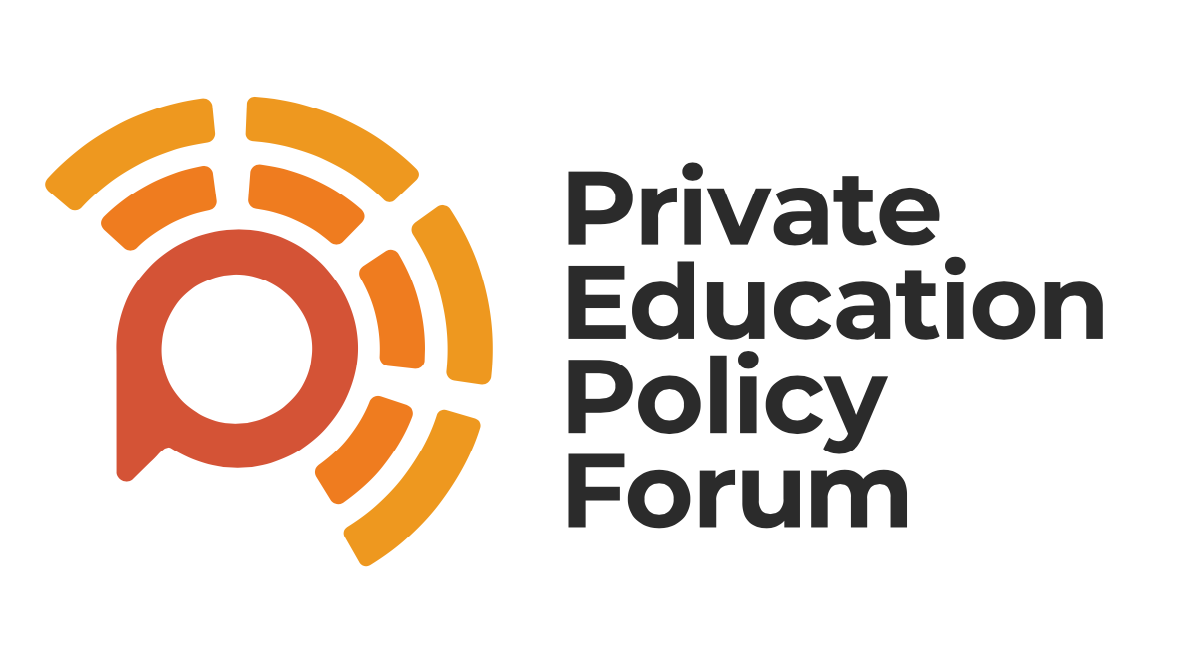
TITLE:
Does private education make nicer people? The influence of school type on social–emotional development
Authors: von Stumm, S and Plomin, R. (Online, June 2020). British Journal of Psychology.
WHAT’S IT ABOUT?
It is established that Britain’s expensive private schools are beneficial on average for academic educational outcomes, for pupils’ confidence (locus of control), and for their subsequent career advancement.
This new study is one of only a few which look at the socio-emotional development and behaviour of private school children compared with state-school children.
METHODOLOGY:
The study uses data on nearly 2,700 children born in England and Wales between 1994 and 1996, covering how their emotions and behaviours develop between the ages of 12 and 21.
The data is representative, and sufficiently rich to allow good controls for pupils’ prior cognitive achievements and socio-economic background.
WHAT ARE THE FINDINGS?
Comparing people with similar prior characteristics and socio-economic background, the study finds that:
- The emotional and behavioural problems of private school pupils – for example anger, tempers, ‘fidgeting and squirming’ and so on – diminish, relative to those of state school children, between 12 and 21.
- However, experiences of peer victimisation – that is, social manipulation, attacks on property, verbal victimisation, and physical victimisation – become worse for those at private school.
- Overall, there is little or no difference on average between the well-being of private school and state school children during their adolescence.
- There are no differences by age 21 in any of the following: drug-taking, sexual behaviours, volunteering, self-control, anti-social or criminal behaviour (such as destroying property, injuring animals, and selling illegal drugs).
- Private school children are somewhat less risk averse and begin drinking alcohol a little younger than state school children.
Together with two other studies on socio-emotional outcomes from private schooling, this evidence suggests that there are few benefits of private schooling in terms of socio-emotional development and behaviour.
The authors therefore question the value of paying the very high fees that Britain’s private schools charge.
There remain, however, the academic gains and the subsequent career and financial gains for private school children, which many other studies have identified.
Like most studies, this one looks at average effects across all private schools rather than the effect of individual private schools which can vary, but which are hard to evaluate dispassionately.
WHAT ARE THE LIMITATIONS OF THIS RESEARCH?
The study was unable to separately examine the effects on emotions and well-being of being a boarder.
Although only 15 per cent of private school pupils are boarders, that might account for some of the effects of private schooling on emotional development.
Explained by: Francis Green, Professor of Work and Education Economics at UCL Institute of Education.



